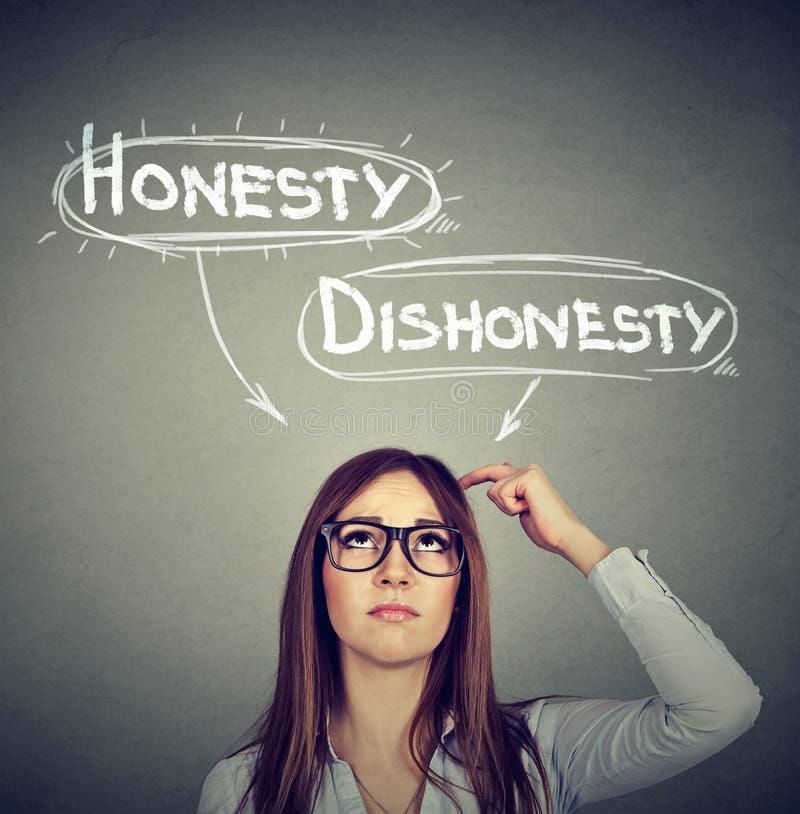By Burnett Munthali
Today I was chatting on politics platform when I saw an interesting story talking about someone who was dishonest. I read this story with *keen* interest and in due course decided to share my views. I am one such person who likes to be honest and I like engaging with honest people. In other words I hate *dishonest* people because they easily mislead you so you end up making wrong conclusions.
The story
On Friday a friend of my friend borrowed a car to go to Karonga to pick his “very sick” granny for treatment at Kamuzu Central Hospital. My friend gave him his silver Toyota Axio. We helped him with k170, 000 cash for fuel to attend to the emergency issue. He left on Friday around 6am for “Karonga”. On this morning another friend indicated that he has seen the axio parked at one of the lodges at Chigwiri from Friday to date. My friend and I went there with a spare key and have taken the car without the other guy’s knowledge. When we called him he said the granny is at Karonga hospital and she is feeling better. So he will be back tommorow. Will see tommorow what happens next. Some people we call friends eish.
Copied …..

What are the Dinges of being dishonest?
Negative self-image. Lying often stems from insecurity, and concealing the truth can perpetuate feelings of shame about oneself. – Legal/career risks. Very serious lies could potentially damage one’s reputation or even lead to legal trouble if the deception is illegal.
Some have suggested a laundry list of motivations to lie, such as getting ahead, sparing someone’s feelings, avoiding embarrassment, etc. Others have noted certain groups of people who tend to be less honest than others, such as adolescents, prison inmates, those with low self-esteem, etc.
Dishonest people are that way for many of the same reasons that people adopt any other pattern of behaviors, including honesty. They believe that it will get them the best results, that is, it is the behavior that is most likely to get them the results that they want.
What stops people from being honest could stem from past experiences, societal pressure, or deep-seated self-doubt. Take the time to explore the roots of your fear, as this self-awareness is crucial to addressing it. The fear of judgment and consequences can severely impact our ability to be honest.
The psychology of lying arises from hedonistic nature of humans that to avoid pain and to increase pleasure. It can be also seen that we lies not only for personal gains but also for others gain too. That is to avoid harm affecting ourselves and to avoid hurting others.
Specifically, we found that when people engage in dishonest behavior, they are less likely to see themselves as relational (for example, as a sister, friend, colleague or father) and are subsequently less accurate in judging the emotions of others.
Conclusion
Let them know that you value them for who they really are. When you notice the person lying, don’t engage them. You can question what they’re saying, which may encourage them to stop the lie at that point. You can also let them know that you don’t want to continue the conversation when they’re being dishonest.










